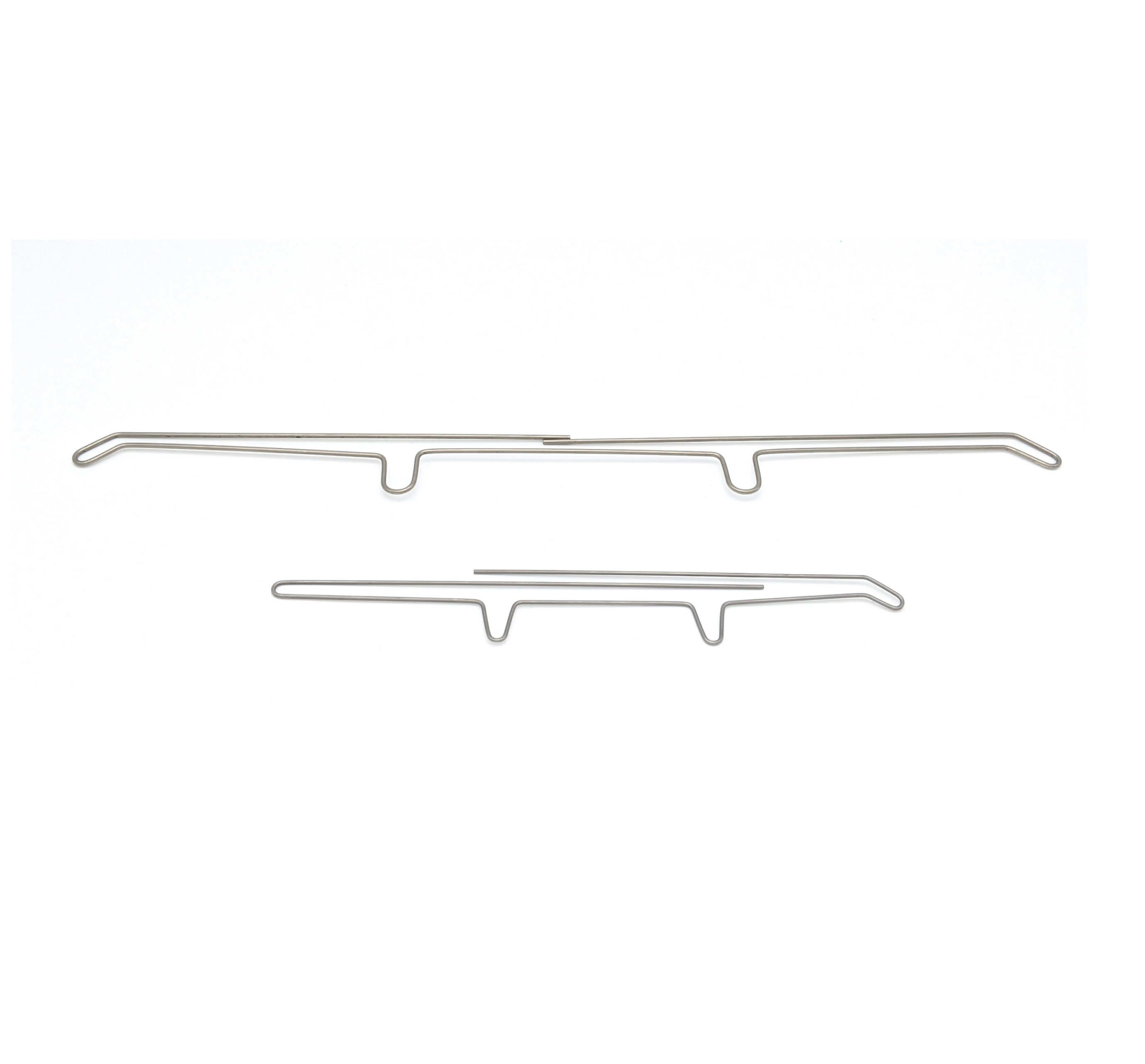Get unique, complex parts easily. No matter your requirements, Chaoyi Spring creates hard-to-produce coil springs and wire forms.
Let us help you create the custom wire form you need, from S-hooks and J-hooks to utility hooks and more.
We work closely with customers across a wide range of industries, helping them design and manufacture made-to-order parts.
Why choose Chaoyi Spring? We prioritize customer-focused collaboration, modern equipment and the latest technology to make your parts per print.
Find the information and guidance you need, from measuring a spring to learning about materials, placing an order and much more.
When it comes to garage doors, the type of spring system you choose is crucial for smooth operation and safety. Two main options exist: torsion springs and tension springs. Each


When it comes to garage doors, the type of spring system you choose is crucial for smooth operation and safety. Two main options exist: torsion springs and tension springs. Each has distinct advantages and disadvantages, making the decision a balancing act between performance, cost, and longevity. This article delves into the intricacies of both systems, explaining their mechanisms, benefits, drawbacks, and ultimately, helping you determine which type best suits your needs.

Torsion springs are the industry standard for most garage doors, particularly those with heavier-duty construction. They are powerful coiled springs mounted above the door, typically on a shaft. As the door opens, the spring unwinds, storing energy to assist in closing. Torsion springs provide a consistent and smooth operation, contributing to the longevity of the door and its components. These springs are generally regarded as the more durable option, often lasting longer than tension springs.
The popularity of torsion springs stems from several compelling advantages:
While offering significant benefits, torsion springs do come with a few potential drawbacks:
Tension springs, in contrast to torsion springs, are located on the sides of the door, attached to a cable that runs along the track. As the door opens, the spring stretches, storing energy for closing. While simpler in design, tension springs often have a shorter lifespan than torsion springs and may not be as suitable for heavier doors.
Tension springs offer specific advantages:
Tension springs have some drawbacks:
The optimal choice between torsion and tension springs hinges on several factors, including:
The decision ultimately boils down to your specific needs and preferences. However, it's always advisable to consult a qualified garage door professional who can assess your door, consider your requirements, and recommend the most appropriate spring system. A professional can ensure safe and proper installation, maximizing the performance and longevity of your garage door.
In conclusion, both torsion and tension springs have their own set of advantages and disadvantages. By carefully considering factors like door weight, budget, space constraints, and desired lifespan, you can make an informed decision. Remember, seeking professional advice from a garage door expert can help you choose the right spring system, guaranteeing a smooth, safe, and long-lasting operation for your garage door.
Browse some of the custom wire forms and springs that we manufacture. Don’t see what you need? We specialize in made-to-order products that meet your application requirements.
Visit Our GalleryNeed a custom wire form or coil spring? We make it work. Fill out the contact form and a representative will respond within 1 business day. If you have a PDF or CAD file, you can submit to request a quote.